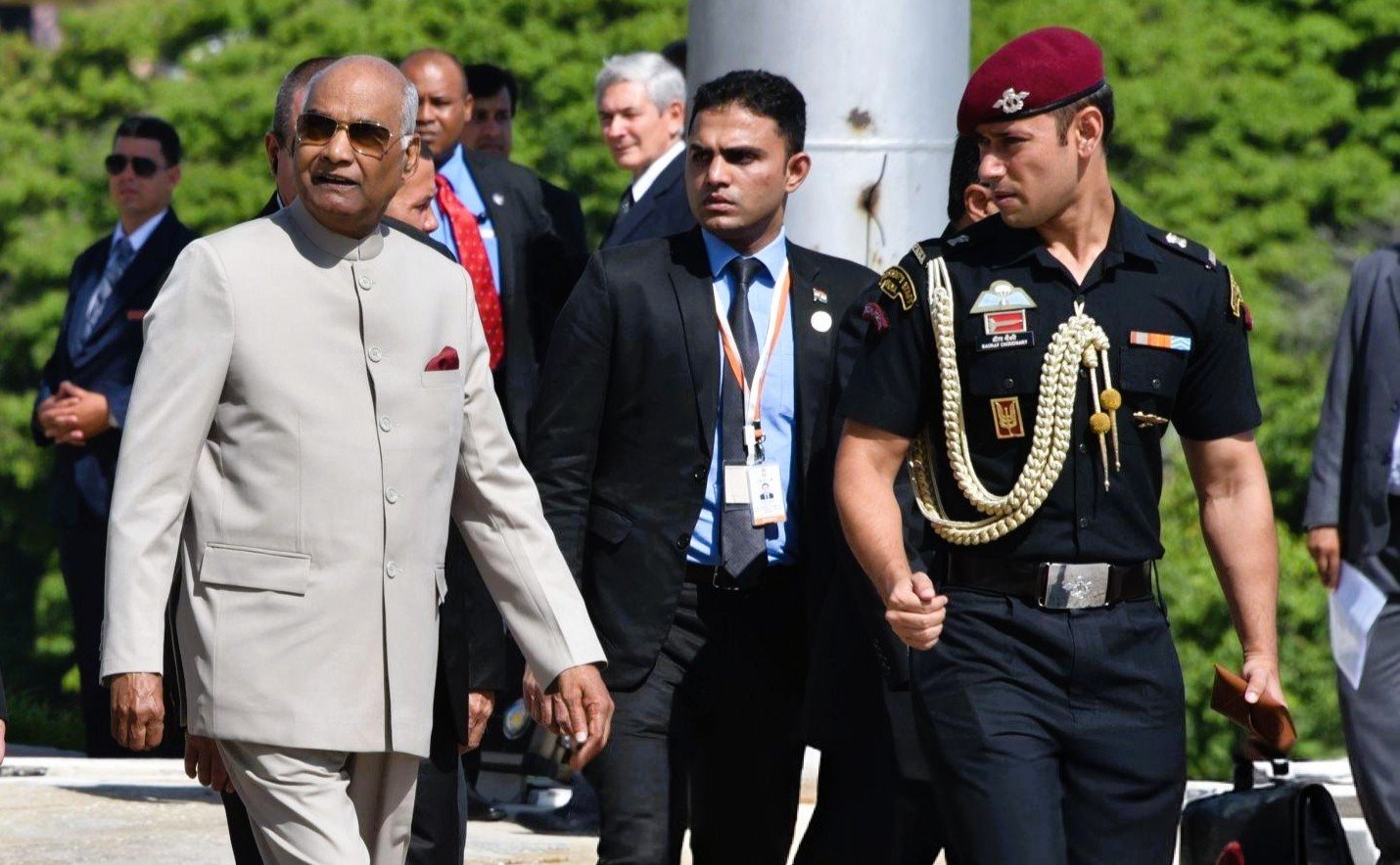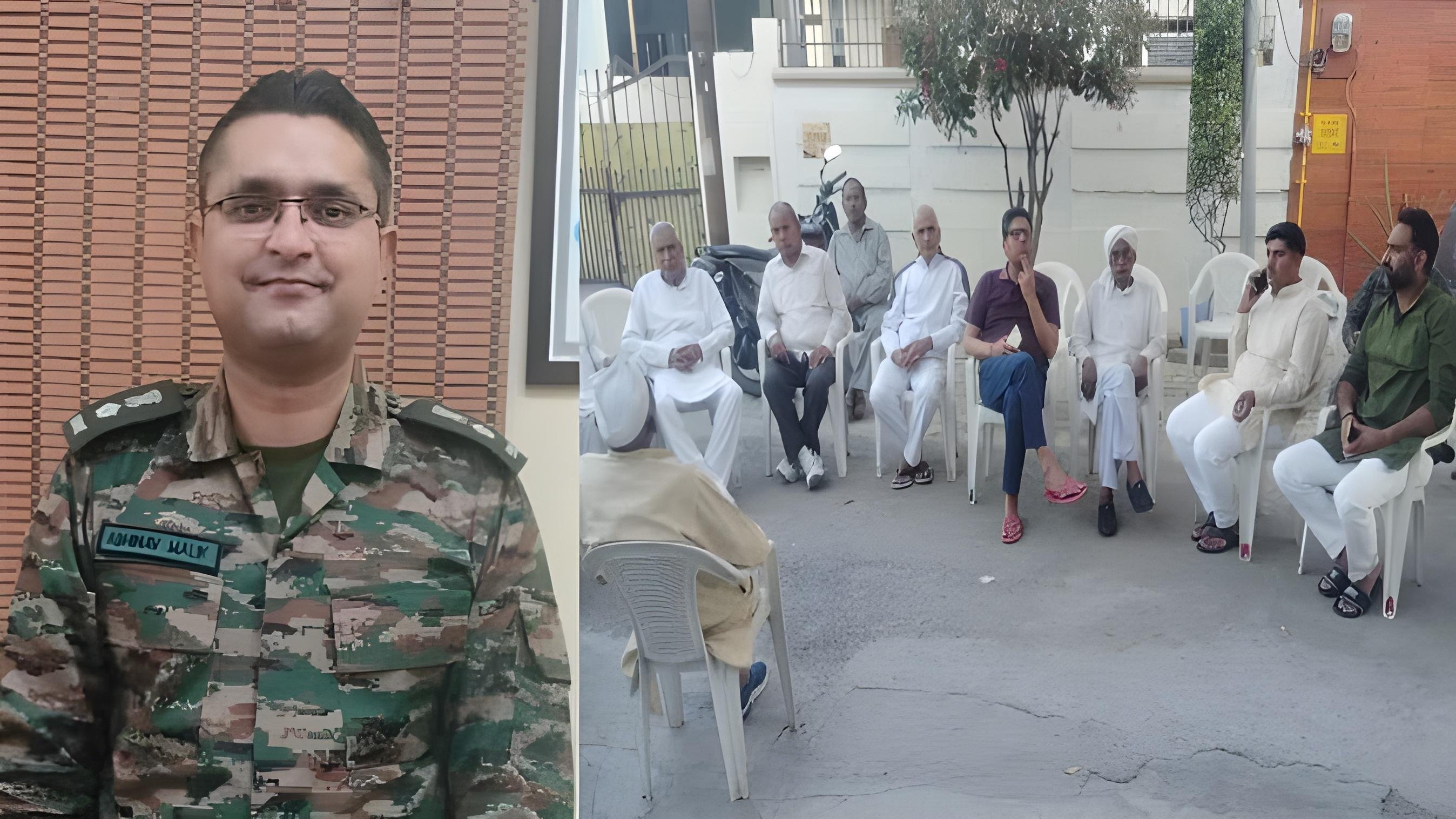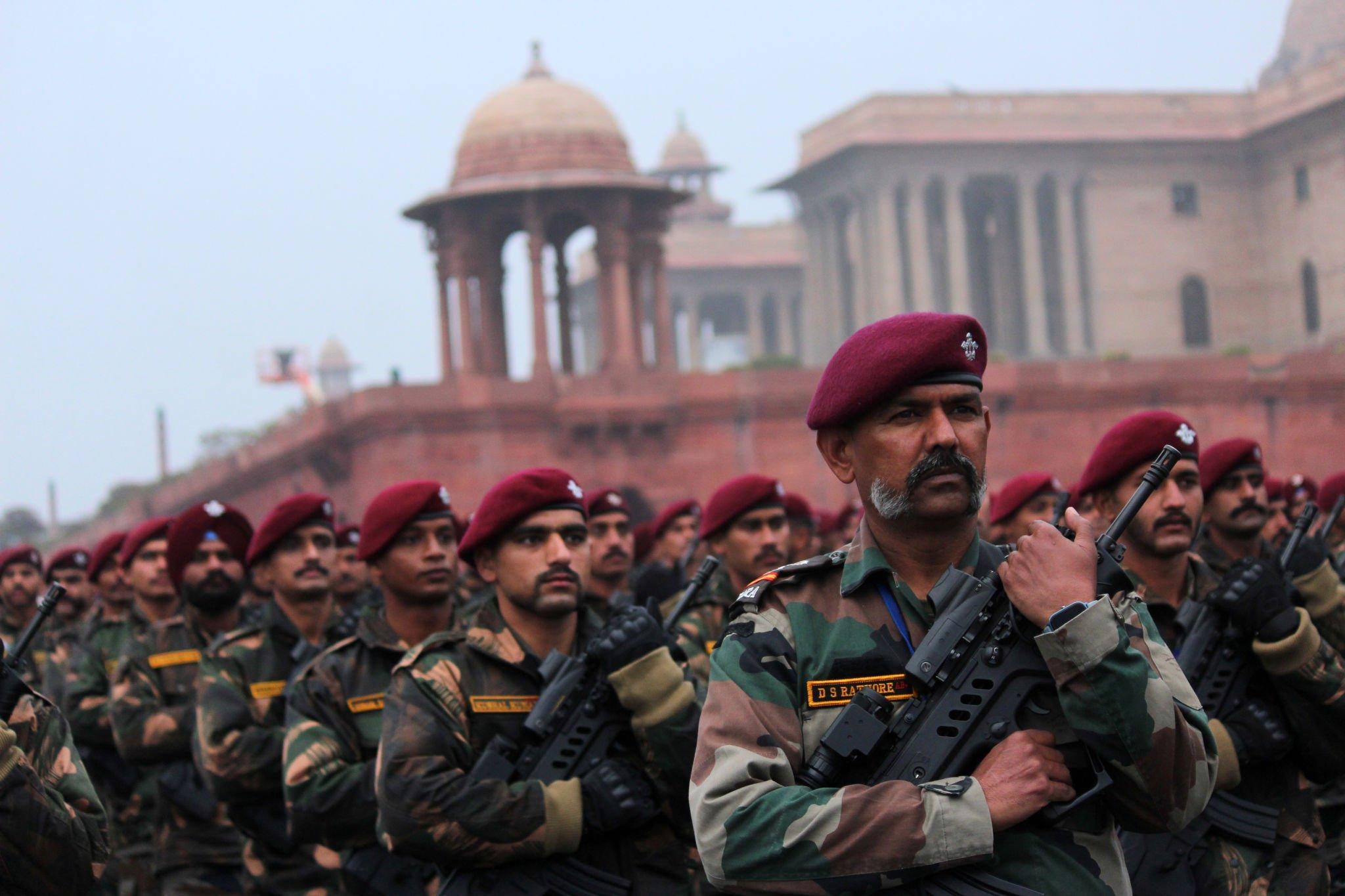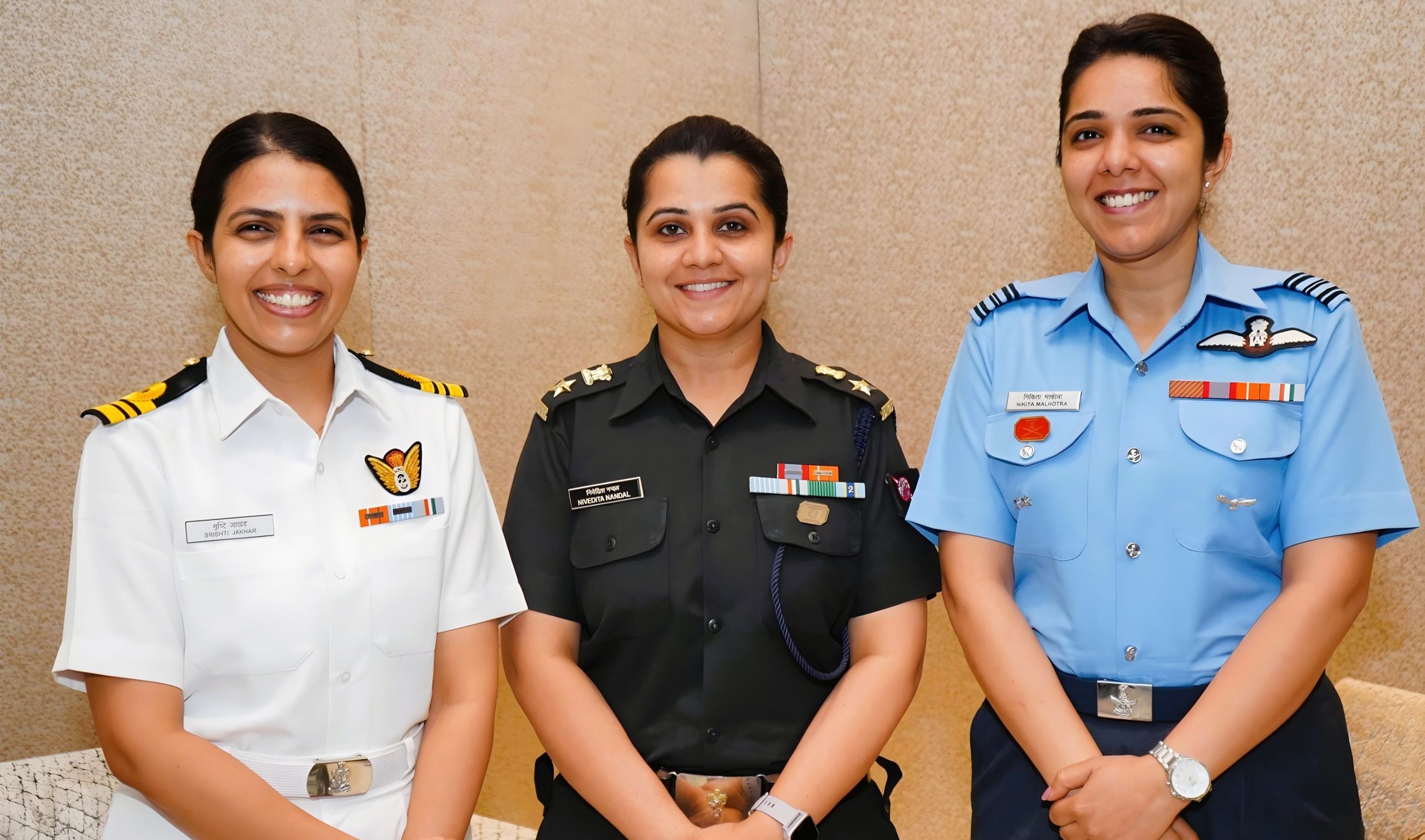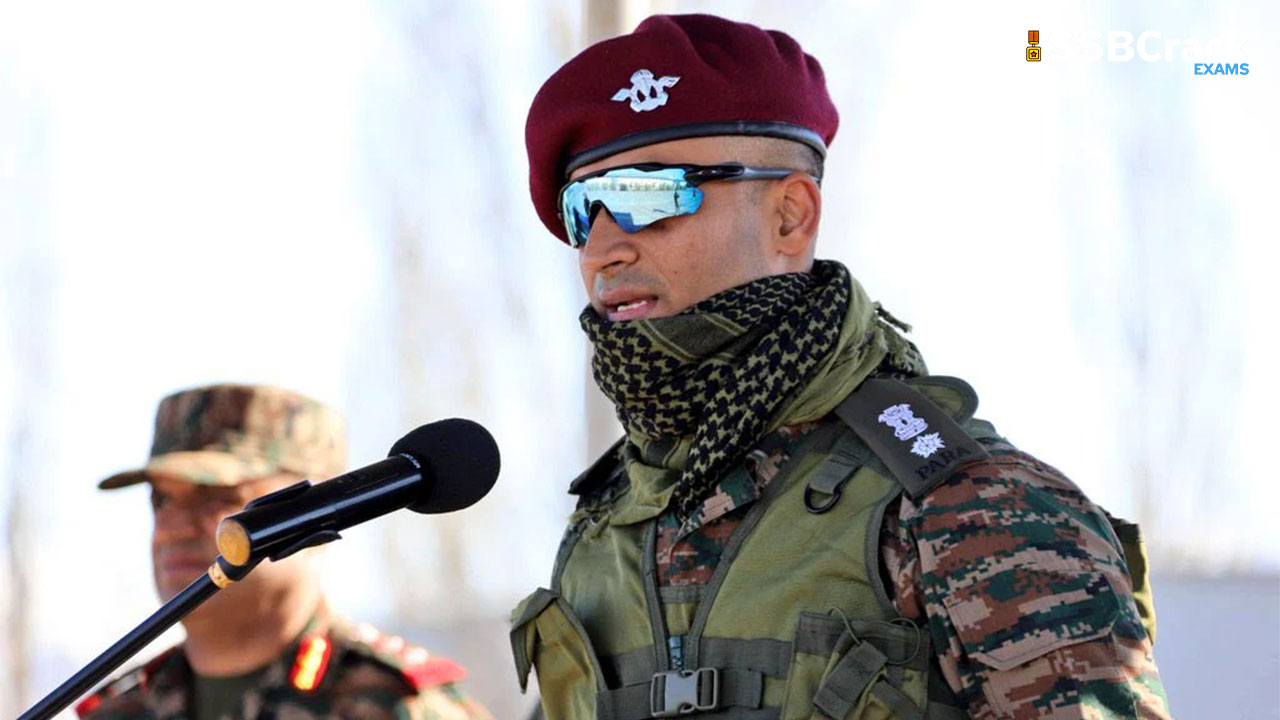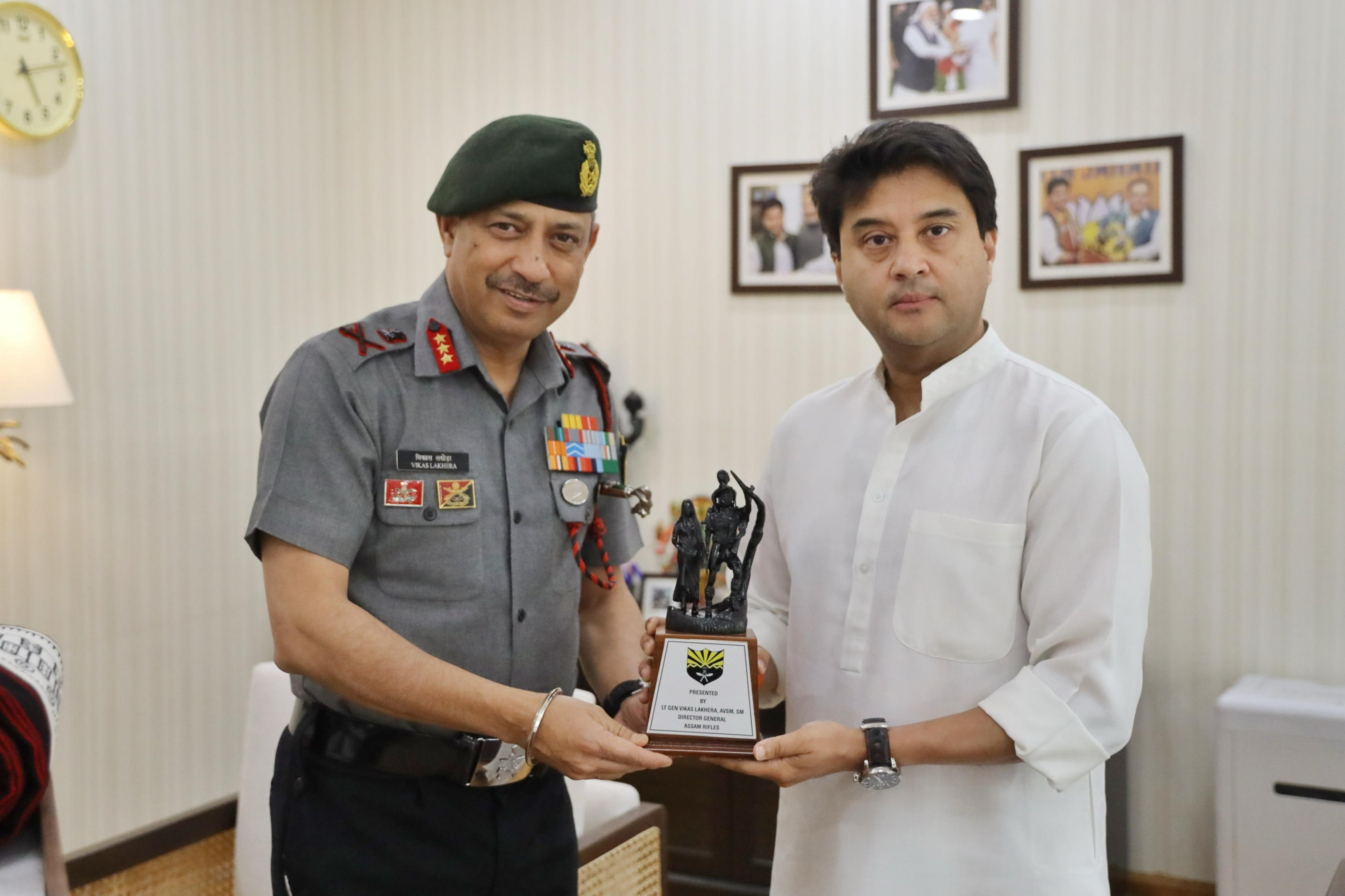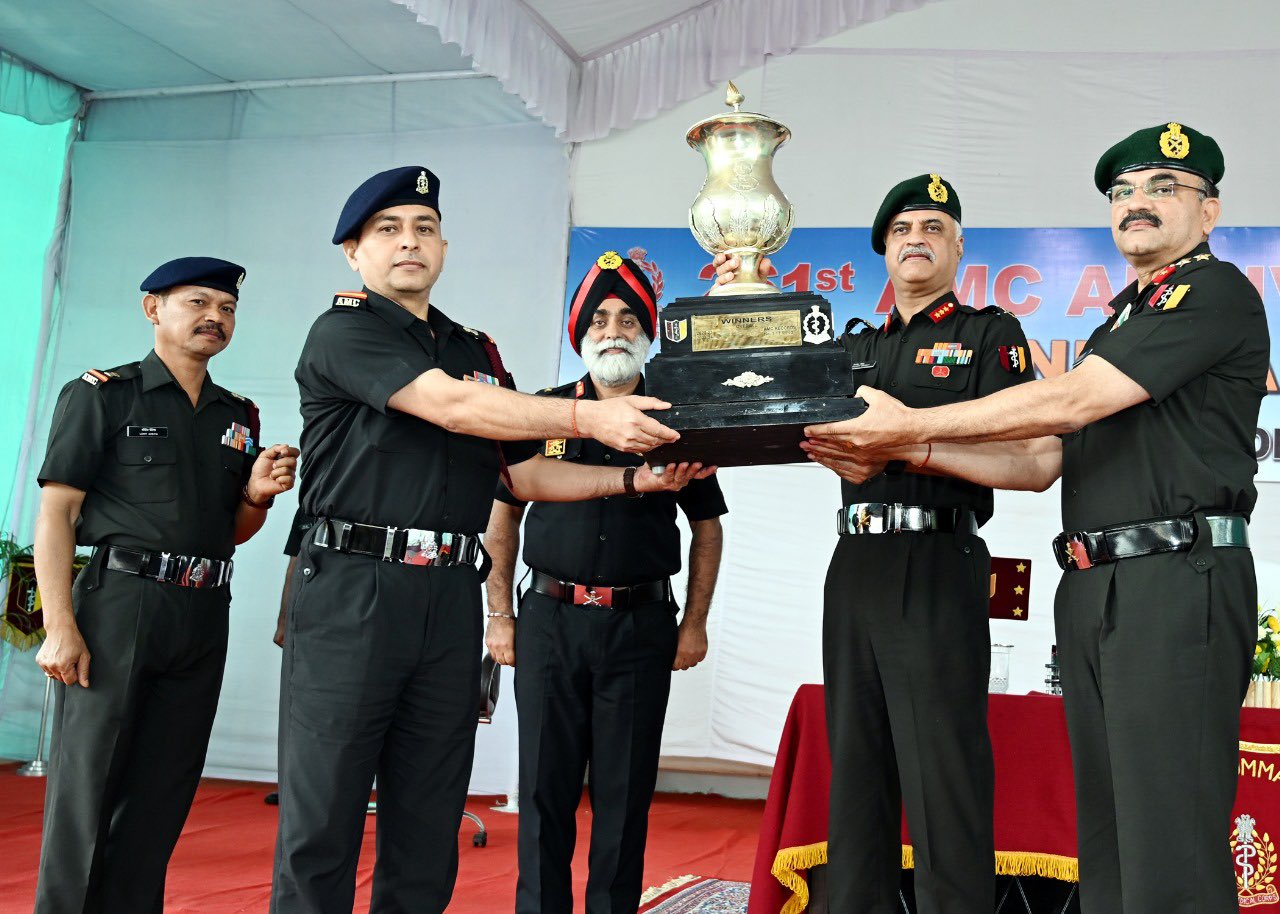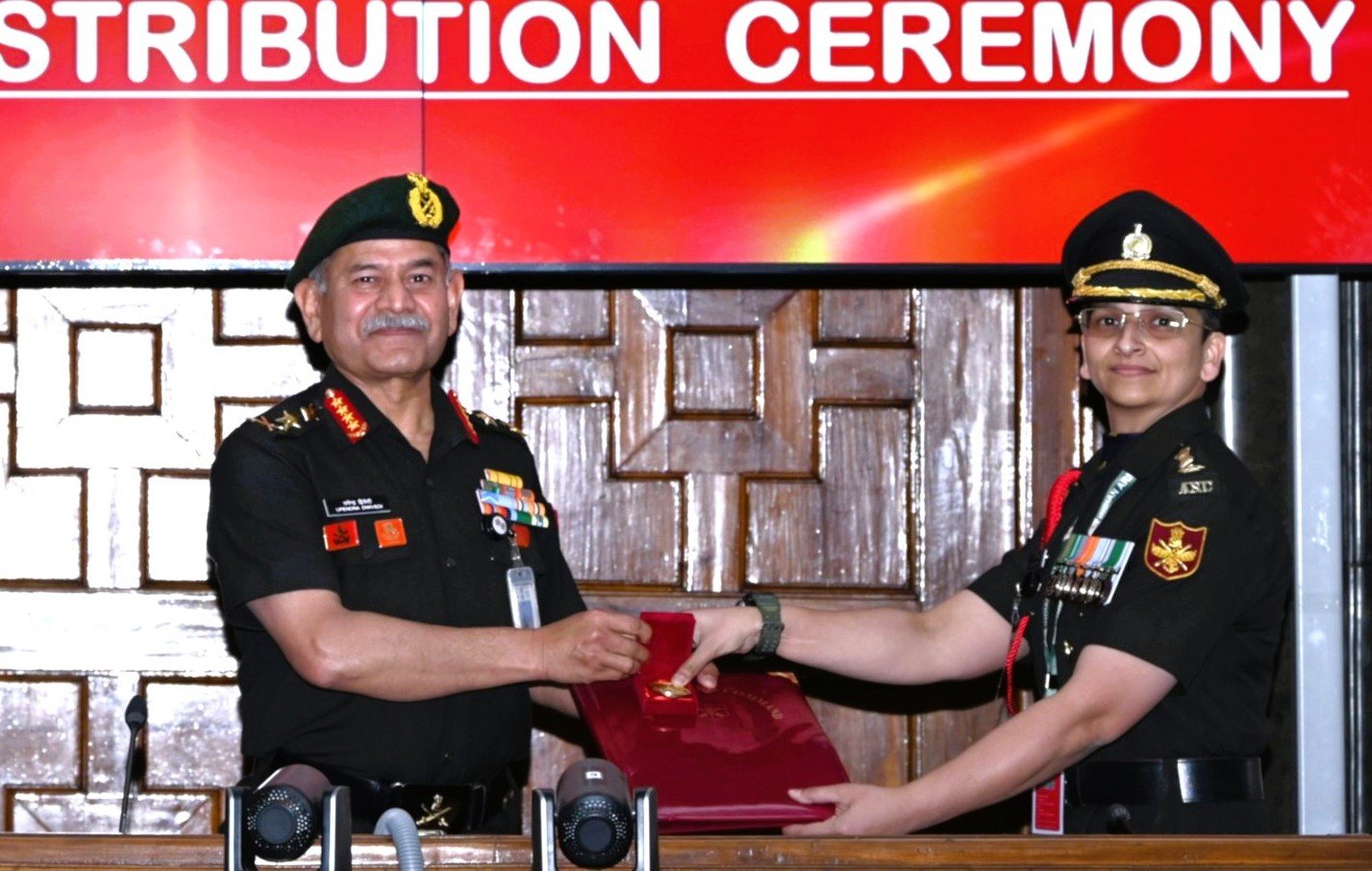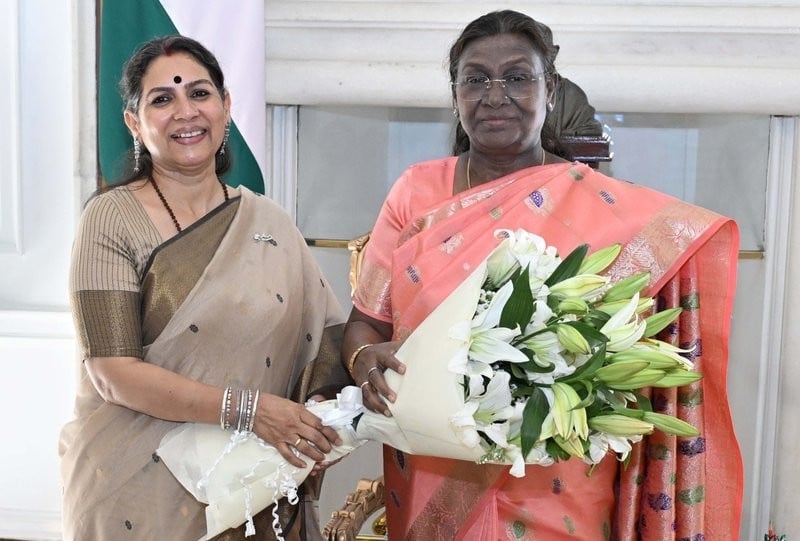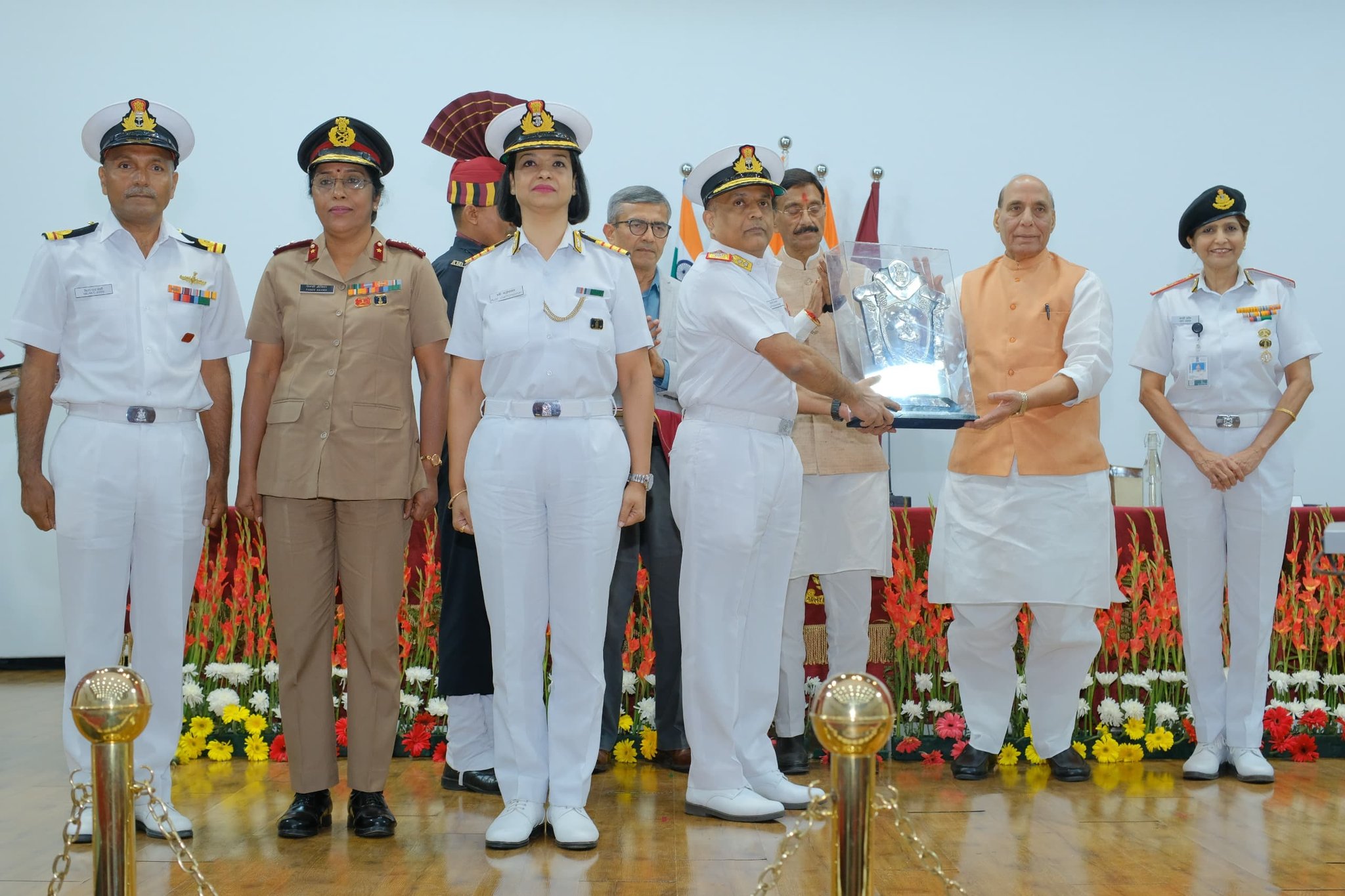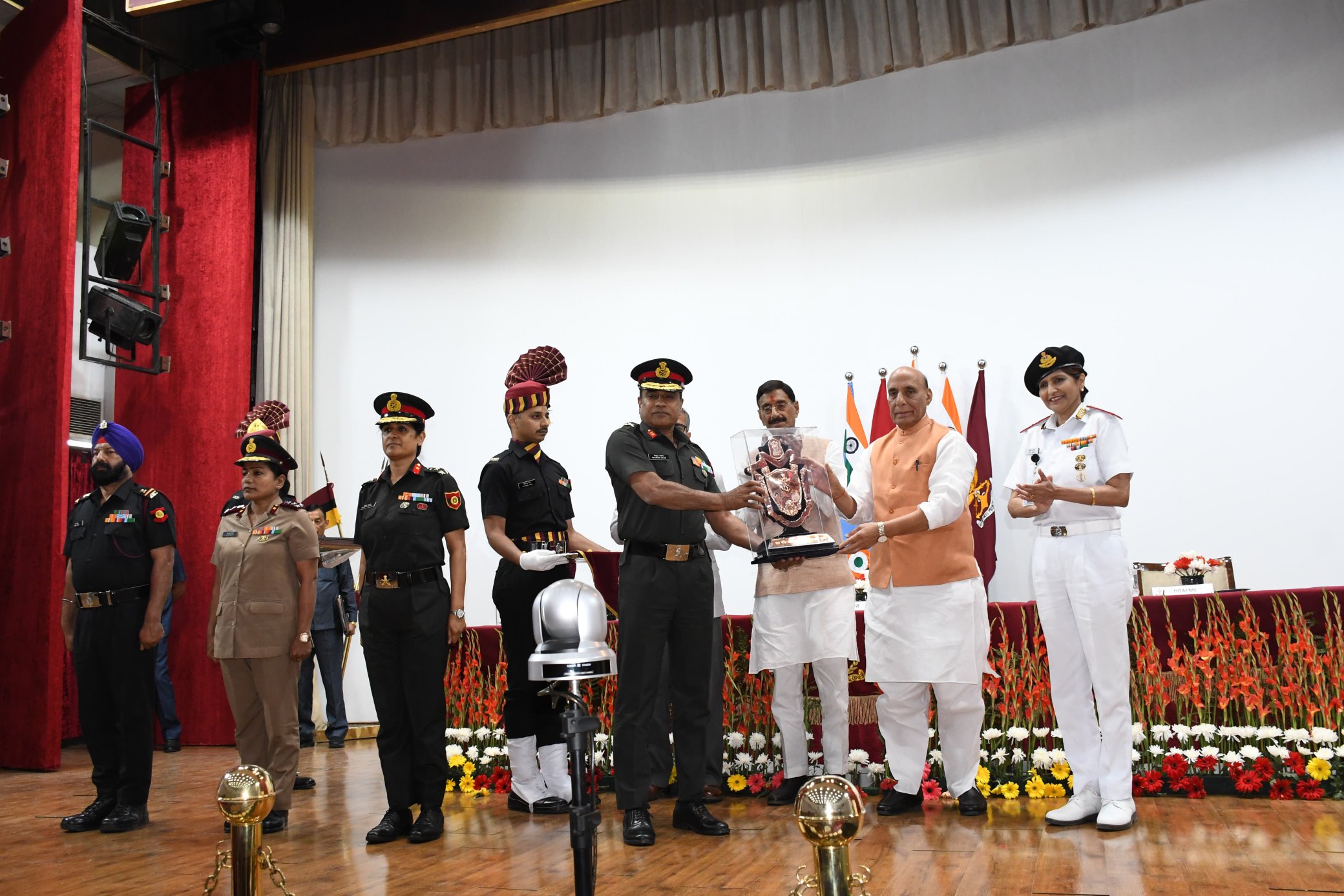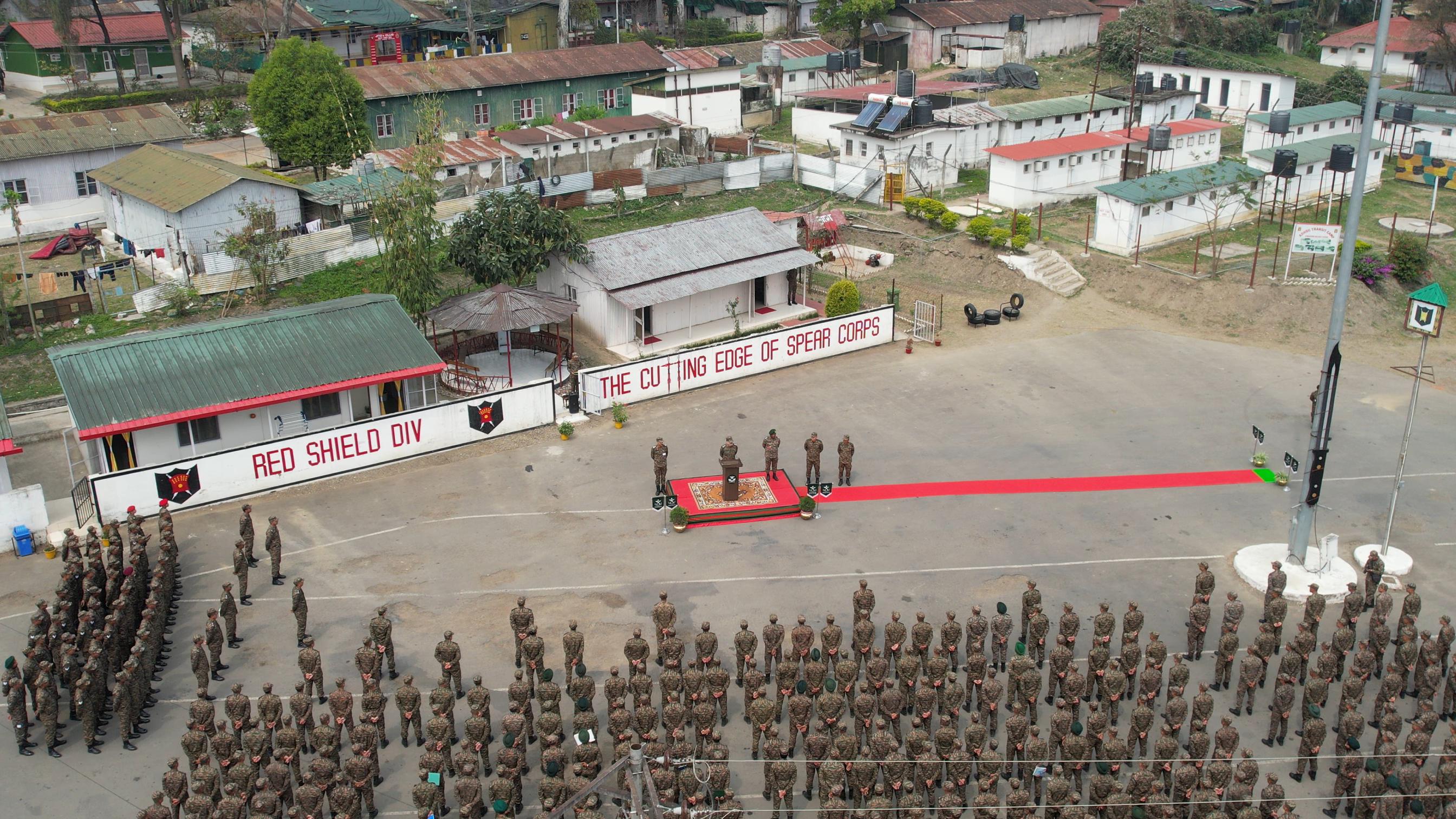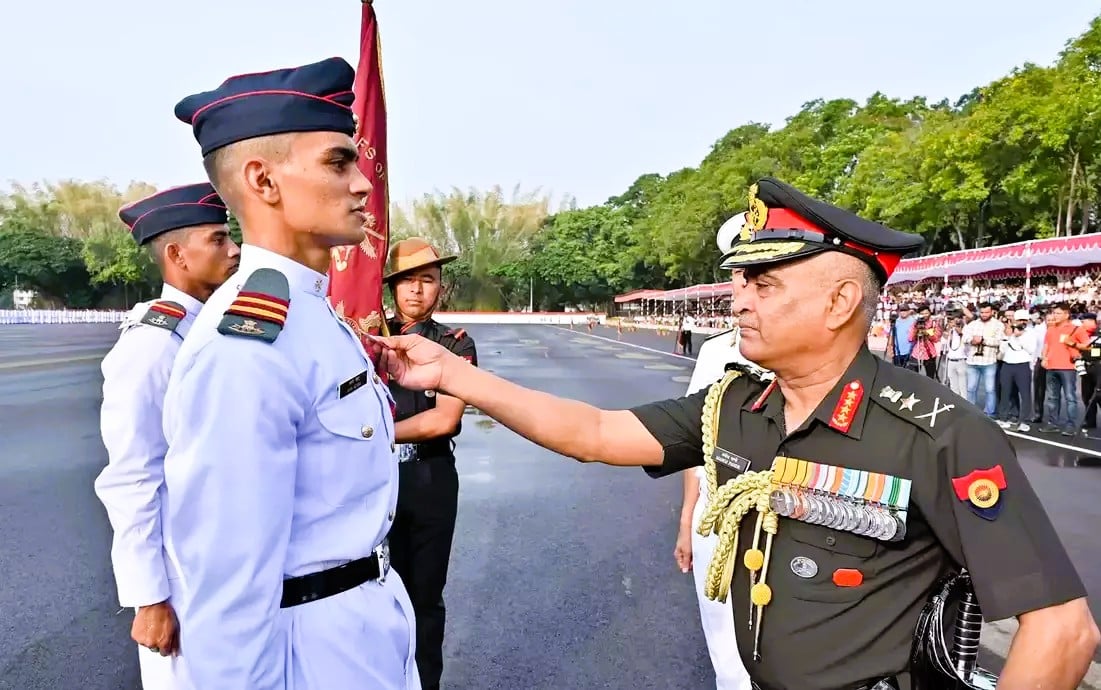The role of an Aide-de-Camp (ADC) to the President of India is a prestigious and highly coveted position in the Indian Armed Forces. ADCs are responsible for providing personal and administrative assistance to the President, ensuring the smooth functioning of the President’s office and serving as a crucial link between the President and the government.
This article will delve into the responsibilities, qualifications, and the selection process for becoming an ADC, as well as the challenges and success stories associated with this esteemed role.
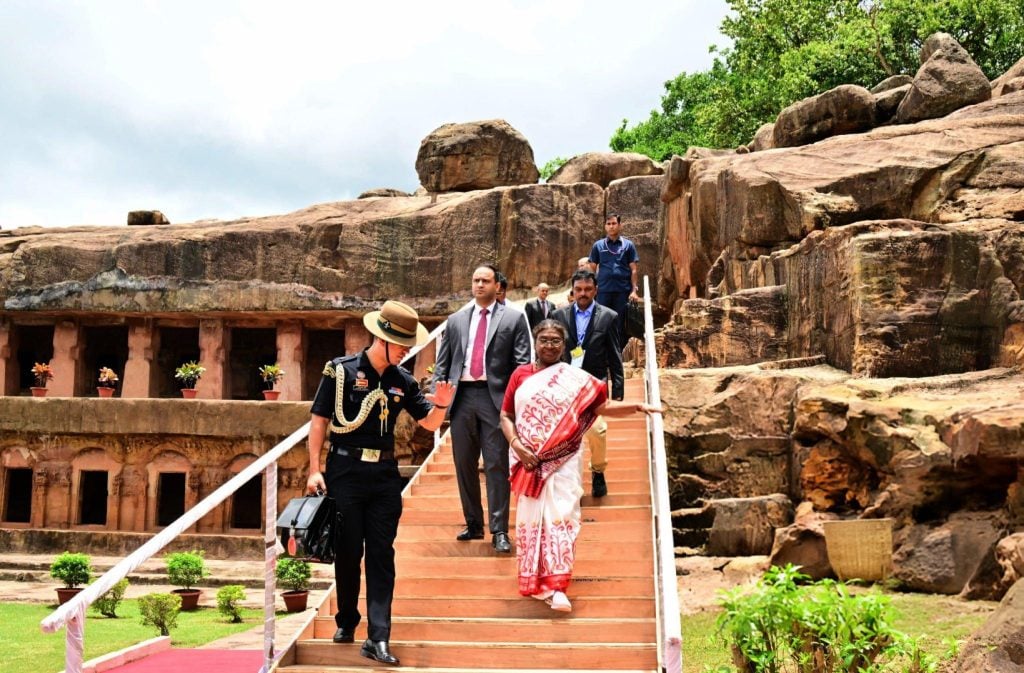
In India, officers of the rank of Major General (and equivalent ranks in the sister services) who command divisions or peacetime commands have aides-de-camp (ADC), typically chosen from their parent regiment or battalion. In some unique cases, sons have served as ADCs to their fathers during their tenures.
The service chiefs—Chief of Army Staff, Chief of Air Staff, and Chief of Naval Staff—are usually assigned three ADCs. The President of India is accompanied by five ADCs: three from the Indian Army, one from the Indian Navy, and one from the Indian Air Force. Additionally, there is an honorary ADC from the Territorial Army. At their discretion, the President can appoint any distinguished officer from the armed forces, including the service chiefs, as honorary ADCs.
State governors generally have two ADCs: one from the Indian Armed Forces and the other from the Indian or State Police Services. However, in Jammu and Kashmir, both ADCs to the Governor are traditionally appointed from the Indian Army.
The selection of ADCs is an internal process within the armed forces. Candidates are usually young, highly skilled officers who are rigorously assessed across various parameters. This is followed by an interview to finalize the selection.
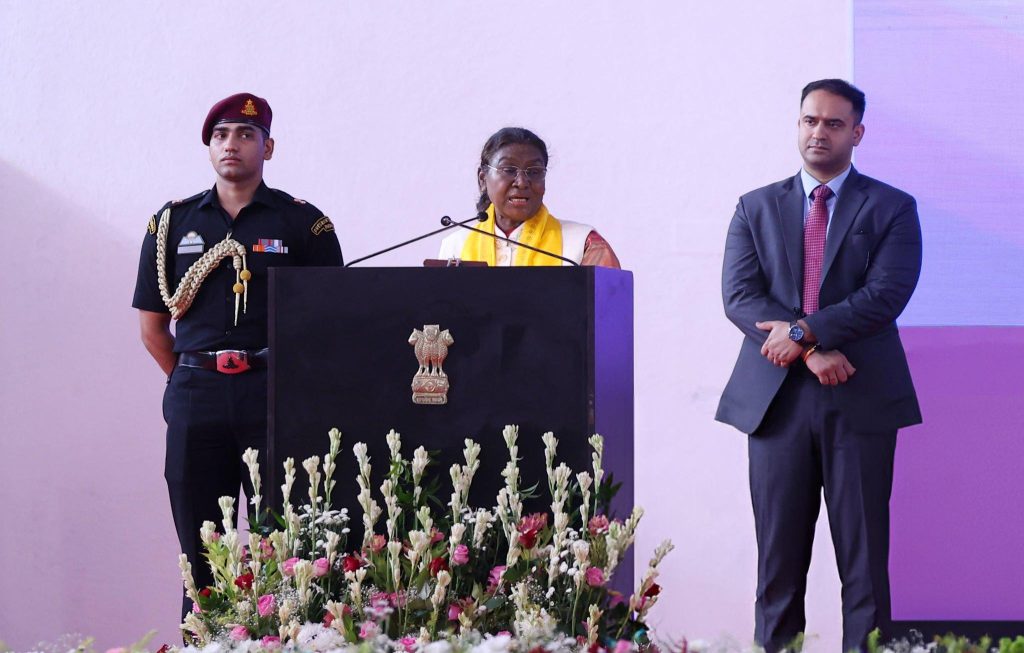
If you aspire to become an ADC, the first step is to join the armed forces. Once enlisted, you can work towards achieving this prestigious role through excellence and dedication.
Responsibilities of an ADC
As an ADC to the President of India, an individual’s responsibilities are multifaceted and demanding. They are tasked with managing the President’s daily schedule, coordinating with various government departments and ministries, and ensuring the President’s safety and security during official and ceremonial events.
ADCs also serve as the President’s personal assistant, handling correspondence, managing the President’s travel arrangements, and providing advice and support on a wide range of issues.
- Coordinating the President’s Schedule: ADCs are responsible for meticulously planning and managing the President’s daily schedule, ensuring that all official engagements, meetings, and events are organized efficiently.
- Liaison with Government Departments: ADCs act as the primary point of contact between the President’s office and various government departments, facilitating smooth communication and coordination.
- Providing Personal Assistance: ADCs offer personalized support to the President, handling tasks such as managing correspondence, making travel arrangements, and providing advice and guidance on personal matters.
- Ensuring Security and Protocol: ADCs are responsible for maintaining the President’s safety and security during official functions and events, as well as ensuring that all protocol and ceremonial procedures are followed.
- Representing the President: In certain instances, ADCs may be called upon to represent the President at events or meetings, serving as the President’s official representative.
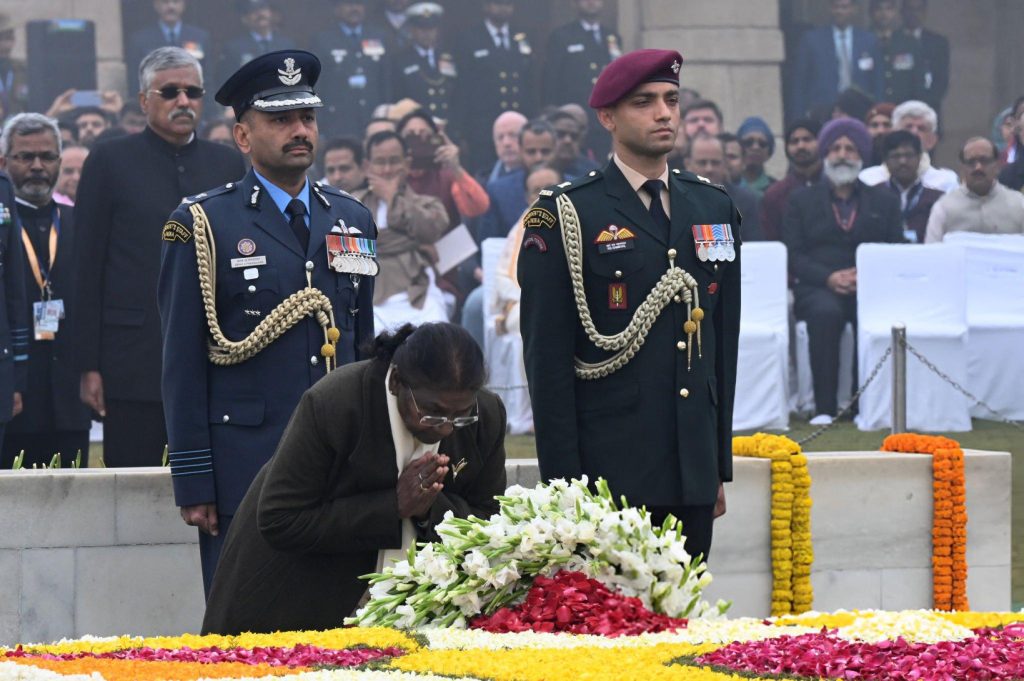
Qualifications and Requirements to Become an ADC
Becoming an ADC to the President of India is a highly competitive process, with stringent qualifications and requirements. Candidates must possess a combination of exceptional leadership skills, strong administrative abilities, and a deep understanding of the Indian political and bureaucratic landscape.
- Educational Qualifications: Typically, ADCs to President are selected from the ranks of the Indian Armed Forces
- Experience and Expertise: Candidates must have significant experience in government service, with a proven track record of successful project management, policy formulation, and crisis management.
- Language Proficiency: Fluency in English and at least one Indian language is a prerequisite, as ADCs must be able to communicate effectively with the President, government officials, and the public.
- Personal Attributes: ADCs must possess excellent interpersonal skills, a keen eye for detail, and the ability to work under pressure and maintain confidentiality.
- Security Clearance: Rigorous background checks and security clearances are conducted to ensure the candidate’s integrity and suitability for the role.
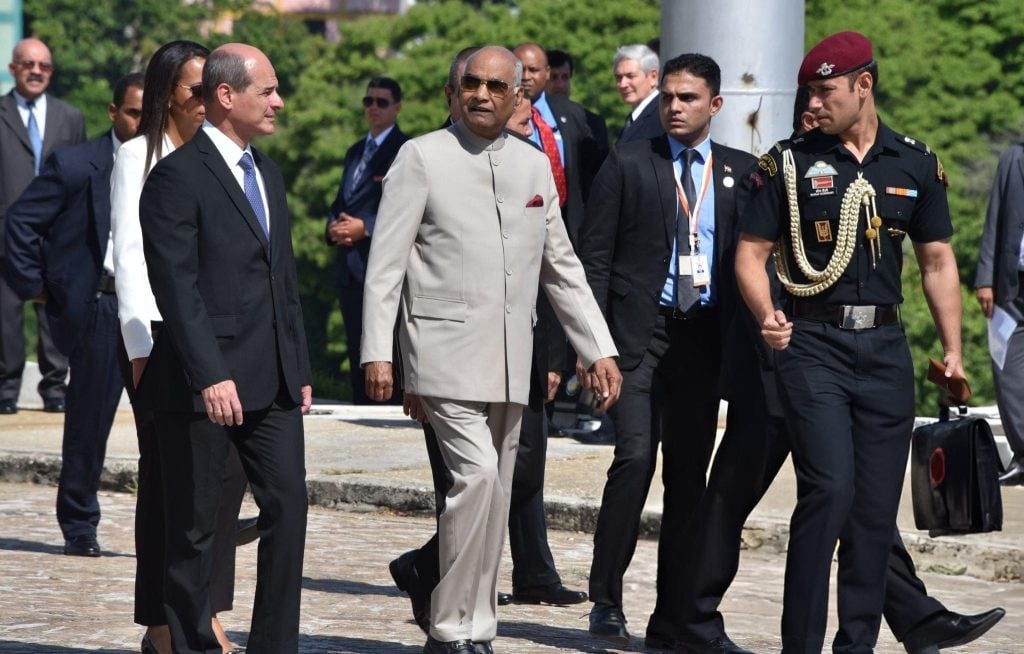
The Selection Process for ADCs
The selection process for ADCs is a highly competitive and multi-layered process, involving a series of interviews, assessments, and background checks.
- Nomination: Eligible candidates are nominated by their respective government departments or ministries, based on their performance, experience, and leadership qualities.
- Screening and Shortlisting: The nominated candidates undergo a thorough screening process, which includes a review of their service records, performance appraisals, and personal interviews.
- Final Selection: The shortlisted candidates are then interviewed by a high-level selection committee, which includes senior government officials and representatives from the President’s office. The final selection is made based on the candidate’s overall suitability and fit for the role.
- Security Clearance: Once selected, the candidate must undergo a comprehensive security clearance process, including background checks, personal interviews, and a review of their financial and personal records.
- Appointment: Upon successful completion of the selection and security clearance process, the candidate is formally appointed as an ADC to the President of India.
Training and Development for ADCs
To ensure that ADCs are well-equipped to handle the demands of their role, the government provides extensive training and development opportunities.
- Induction Training: Newly appointed ADCs undergo a comprehensive induction program, which includes training in protocol, security procedures, and the functioning of the President’s office.
- Continuous Learning: ADCs are required to participate in ongoing training and development programs, which cover a wide range of topics, such as crisis management, policy analysis, and leadership development.
- Mentorship: Experienced ADCs often serve as mentors to their junior counterparts, providing guidance and support on navigating the complexities of the role.
- Specialized Courses: ADCs may also be sent to attend specialized courses and workshops, both within India and abroad, to enhance their skills and knowledge.
Challenges Faced by ADCs
While the role of an ADC is prestigious and highly rewarding, it also comes with its fair share of challenges. ADCs must navigate a complex web of bureaucratic processes, political dynamics, and high-pressure situations, all while maintaining the utmost professionalism and discretion.
- Managing Competing Priorities: ADCs must juggle multiple responsibilities and demands, often with tight deadlines and limited resources, requiring exceptional time management and prioritization skills.
- Navigating Bureaucratic Hurdles: ADCs must possess a deep understanding of the government’s inner workings and be able to effectively navigate the bureaucratic landscape to ensure the smooth functioning of the President’s office.
- Maintaining Confidentiality: ADCs are privy to sensitive information and must maintain the highest levels of confidentiality, even in the face of intense public scrutiny and media attention.
- Adapting to Change: The role of an ADC requires the ability to adapt quickly to changing circumstances, as the President’s schedule and priorities can shift rapidly in response to evolving political and national events.
- Balancing Personal and Professional Life: The demands of the ADC role can be physically and emotionally taxing, requiring a delicate balance between professional responsibilities and personal well-being.
Tips for Aspiring ADCs
For those aspiring to become ADCs to the President of India, here are some valuable tips:
- Develop a Strong Administrative and Leadership Skillset: Hone your abilities in project management, policy formulation, and crisis management to stand out as a capable and experienced candidate.
- Cultivate Exceptional Communication and Interpersonal Skills: ADCs must be able to communicate effectively with the President, government officials, and the public, so focus on developing your verbal and written communication abilities.
- Gain Diverse Experience in Government Service: Seek out opportunities to work in different government departments and agencies, as this will broaden your understanding of the bureaucratic landscape.
- Maintain the Highest Standards of Integrity and Professionalism: ADCs must uphold the highest ethical standards, as they are entrusted with sensitive information and responsibilities.
- Stay Informed and Adaptable: Keep abreast of the latest political, economic, and social developments in the country, as the role of an ADC requires the ability to adapt quickly to changing circumstances.
The Significance of the ADC Role
The role of an ADC to the President of India is not merely a prestigious position; it is a critical component of the country’s governance structure. ADCs serve as the vital link between the President and the government, ensuring that the President’s office functions seamlessly and effectively.
By providing personalized support, coordinating with various government departments, and ensuring the President’s safety and security, ADCs play a pivotal role in enabling the President to fulfill their constitutional duties and responsibilities. The success of an ADC’s tenure can have far-reaching implications for the smooth functioning of the government and the nation as a whole.
If you are interested in pursuing a career as an ADC to the President of India, we encourage you to explore the necessary qualifications, the selection process, and the challenges and opportunities associated with this esteemed role. Take the first step towards your dream job by connecting with our team of experienced career advisors who can provide personalized guidance and support.
The role of an Aide-de-Camp to the President of India is a highly coveted and prestigious position that requires a unique blend of administrative acumen, leadership skills, and a deep understanding of the country’s political and bureaucratic landscape. Through this article, we have delved into the responsibilities, qualifications, and the selection process for becoming an ADC, as well as the challenges and success stories associated with this esteemed role.
For those aspiring to serve as an ADC to the President of India, the path ahead may be arduous, but the rewards and the opportunity to contribute to the nation’s governance make it a truly rewarding and fulfilling career choice. By honing the necessary skills, gaining diverse experience, and maintaining the highest standards of integrity and professionalism, individuals can position themselves for this prestigious and impactful role.

